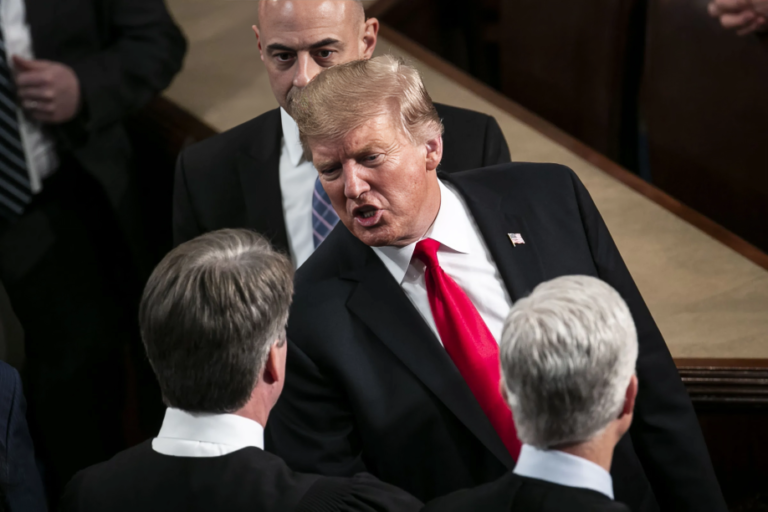As the sun rises over the glittering French Riviera, world leaders descend upon Nice, eager to confront the mounting crisis beneath the waves. The upcoming high-level summit aims to address the deepening woes plaguing our oceans overfishing, climate change, and pollution threatening both marine ecosystems and the communities that rely on them.
The United Nations has issued a stark warning: oceans are in an “emergency.” Leaders convening in Nice will face intense pressure to commit vital funds and enforce stronger protections to safeguard these vital waters. The summit, known as the UN Ocean Conference, arrives against a backdrop of fierce debates over issues like deep-sea mining, plastic pollution, and exploitative fishing practices amid rising geopolitical tensions.
An estimated fifty heads of state and government are expected to participate, including Brazilian President Luiz Inacio Lula da Silva and Argentine President Javier Milei. French President Emmanuel Macron will make a grand entrance, sailing from Monaco where he’s attending a related event aimed at mobilizing private capital for ocean conservation. His arrival will be marked by a vibrant maritime parade, with vessels dancing across the Mediterranean before Macron visits an exhibition center transformed into a giant whale’s belly a symbolic tribute to the ocean’s mystery and fragility.
That evening, Macron will host a dinner featuring Mediterranean fish, setting the stage for the summit’s formal opening on Monday. Throughout the event’s five days, peaceful demonstrations are expected as activists and citizens voice their concerns. France has deployed 5,000 police officers to secure the heritage-listed city, which has become a hub of scientific research, business innovation, and environmental advocacy.
A significant presence from Pacific Island nations underscores the summit’s urgency. These territories, on the frontlines of climate change and ocean degradation, will demand increased financial aid to combat rising sea levels, marine debris, and the plunder of fisheries threats that jeopardize their very existence.
However, not all nations are on board. The United States, under the leadership of President Donald Trump, has opted out of sending a delegation. His recent push to fast-track seabed mining in international waters has sparked global criticism, casting a shadow over the summit’s prospects.
Environmental advocates warn that without concrete proposals for restoring marine health, the gathering risks devolving into a mere “talk fest.” With no binding agreements on the horizon, the world’s oceans hang in the balance dependent on the resolve of leaders to turn rhetoric into action.











+ There are no comments
Add yours